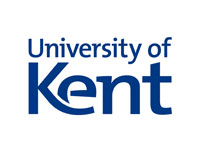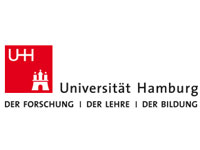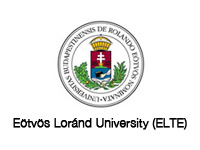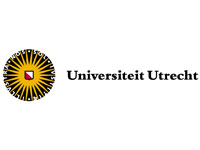The DCGC Consortium is a collaborative European and international cooperation involving four centres of excellence and four distinctive cultural contexts, each providing different yet complementary specialisms, supervision and training in the integrated programme of the Doctorate in Cultural and Global Criminology.The four partners provide the full range of shared and complementary expertise (theoretical, methodological and policy oriented) relevant to the four research themes.
Kent and Utrecht are world leaders in cultural criminology. Kent, Utrecht and Hamburg have innovated in visual criminological research as well as new cultural methods. Globalisation is a theme across all four centres, whether in crime, control and social exclusion (ELTE and Kent), or the drug trade and its cultures (Kent, Utrecht, Hamburg), or the links between the local and the global in youth crime, culture and control (Kent, Hamburg, Utrecht), or the trade-offs between security measures and human rights (Hamburg, ELTE), or in environmental damage and the associated blurred boundaries between crime and social harm (Utrecht), or in the relationship between migration, social and legal exclusion (ELTE). In each one of these fields, critical perspectives entail the relevance of research to policy makers, civil society actors and criminal justice agents.
Each centre has translated key areas of research into social practice, such as in training of lawyers, judges and probation officers (Utrecht, ELTE), policy evaluation research (Kent, Hamburg), Romany rights (ELTE), constitutional issues (ELTE), contact with youth justice services (Kent), migration services (Kent, Hamburg), research with NGOs (Utrecht, ELTE).The four partners represent a diversity of academic and research background which provide a complementary combination of the expertise of law and sociology, the two main disciplinary backgrounds for criminology, the varied cultures of European criminology and two different kinds of legal jurisdiction, common law and civil law.
Their geographic diversity furnishes considerable advantage. The UK, the Netherlands, Germany and Hungary providing opportunities for both a West and an East European perspective. The diversity within the consortium means that candidates will have a choice of legal and policy cultures and different national as well as disciplinary viewpoints. They will benefit from social contacts and networking with a significant number of doctoral candidates in each location who are undertaking a wide range of research in social science and law-based criminology.



